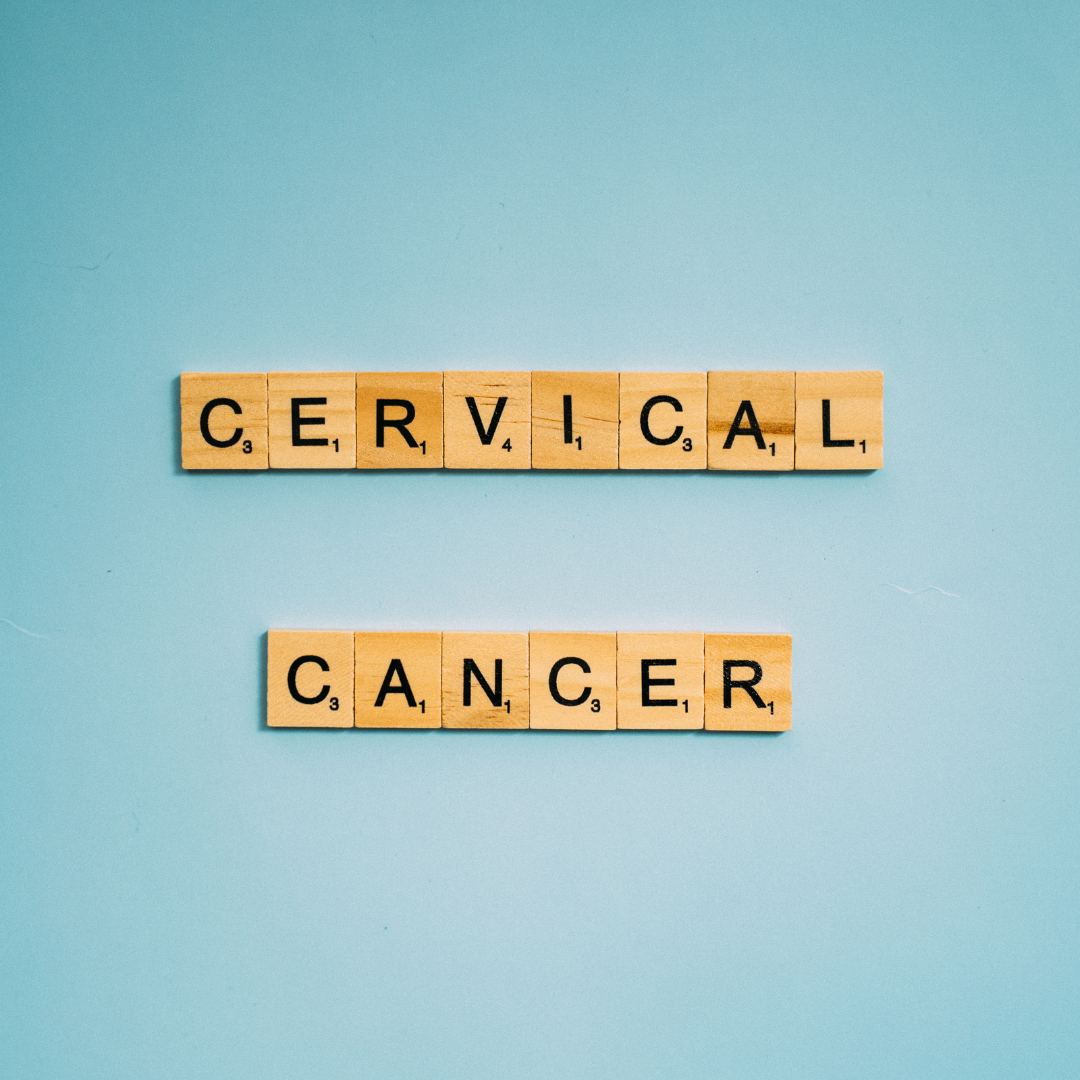
New Cervical Cancer Screening Guidelines in Ontario
Share
Did you know? Cervical screening guidelines in the Ontario Cervical Screening Program (OCSP) are changing, beginning spring 2025. Instead of routine pap testing which looks for abnormal changes in cervical cells, people will have Human Papilloma Virus (HPV) testing. Screening continues to be recommended for anyone 25 and older who has a cervix (cis women, trans masculine and non-binary people) and has ever been sexually active - regardless of who you have sex with, or type of sex you have. Even skin to skin contact!
The procedure will feel the same, as it will still require a pelvic exam with a speculum and a brush will be used by a healthcare provider to collect the sample. Unfortunately, self-testing will not be part of the Ontario Cervical Screening Program. Self swabs will be available through private labs, but would have to be paid for out of pocket.
Follow-up intervals after screening, however, will be changing. With HPV testing, if a result is negative (no HPV is present) then the next HPV test will be required in 5 years, instead of the current 3 years for those with normal pap results. If a result is positive (HPV is present), then further testing will be done on the sample and follow-up will depend on whether or not the sample shows high risks strains that are known to cause cervical cancer (HPV 16/18, 45) or other strains.
If a cancer-causing strain of HPV is present, colposcopy, a procedure which takes a closer look at the cervix, would be recommended. Otherwise, if other strains are present but further testing is normal or low-risk, the HPV test would be repeated in 2 years. If after 2 years, HPV is persistent, then one would require colposcopy.
Some people may be concerned about these new changes, especially with the longer interval between tests. However, It takes about 15-20 years for persistent, high-risk HPV strains to cause cervical cancer and most HPV strains actually clear on their own within a few years. Screening more often could catch HPV strains that given more time would actually clear on their own, making people undergo often uncomfortable investigations and procedures which ultimately weren't actually necessary. HPV testing is also more sensitive, so is better at detecting cervical pre-cancer or cancer than pap testing. It is also more likely that negative HPV results will correctly identify people who do not have a cervical pre-cancer or cancer and who will not develop a cervical cancer in the next 5 years (Cancer Care Ontario).
If you have concerns or would like to learn more about how the new guidelines affect you, talk to your healthcare provider. If you haven’t already, you can also consider getting vaccinated against HPV. The Gardasil-9 vaccine protects you from 9 strains of HPV, including those that are known to cause cancer.
